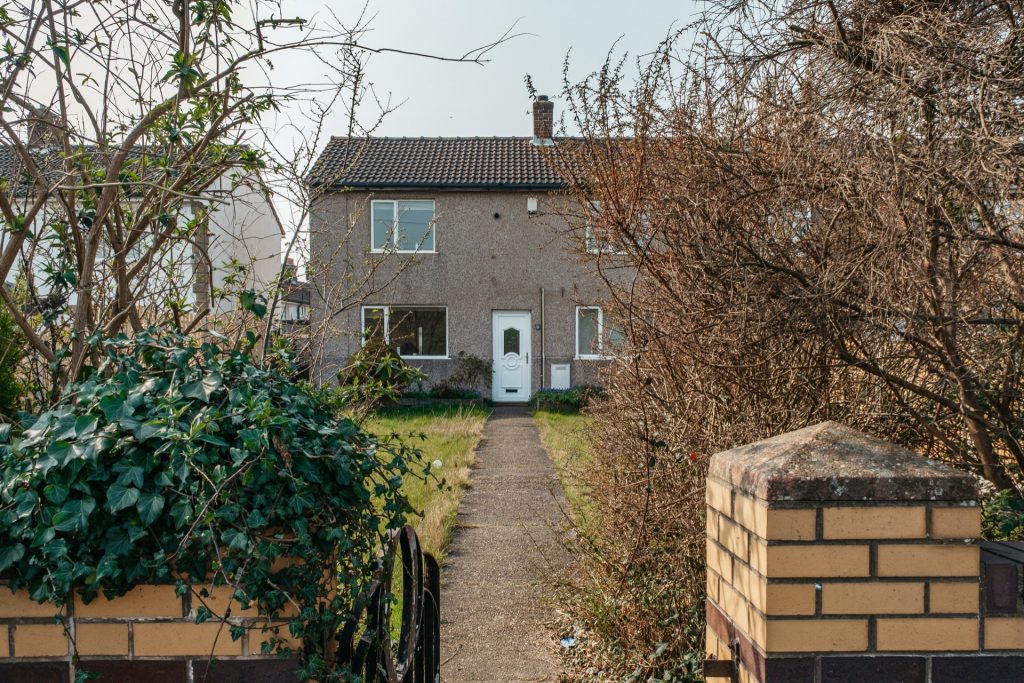Refugee Week: How can we improve the Asylum system?
By Blog Editor, IOE Digital, on 21 June 2022
 In Doncaster, much of the dispersal housing lies in outlying areas with few services
In Doncaster, much of the dispersal housing lies in outlying areas with few services
21 June 2022
Photo by Rasha Kotaiche
This is Refugee Week – a celebration of ‘the contributions, creativity and resilience of refugees and people seeking sanctuary’ around the world.
These are difficult times for those seeking sanctuary across the Global North. In the UK specifically, asylum is a contentious and politicised issue, and we only rarely hear and listen to the voices of people who seek asylum. In research for the report we are launching this week, we worked with a group of people with personal experience of the asylum system and organisations supporting them in Doncaster and Halifax in Yorkshire, two dispersal towns. We asked questions about housing, and the way they are being (more…)
 Close
Close





 31 January 2022
31 January 2022 30 November 2021
30 November 2021